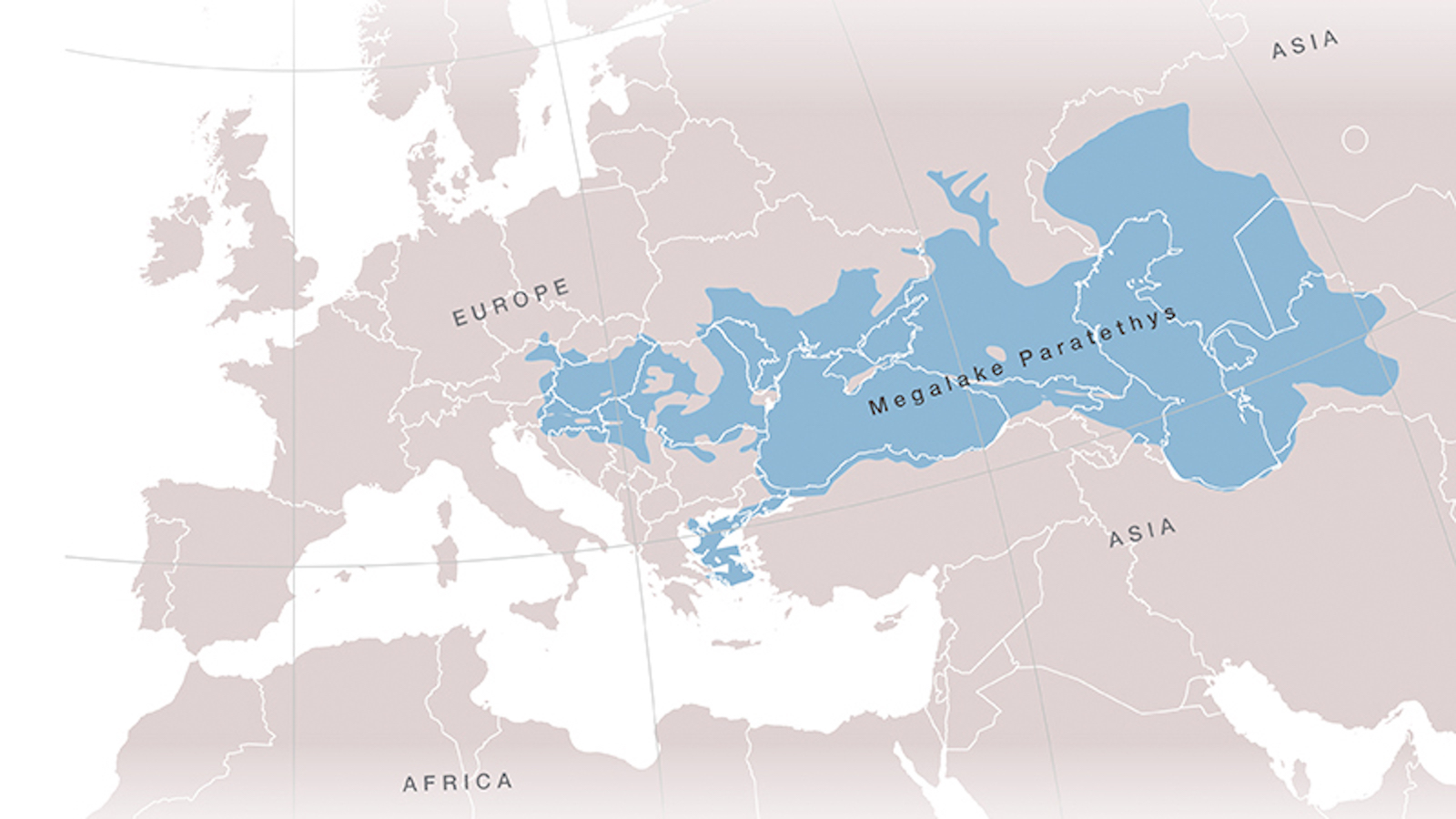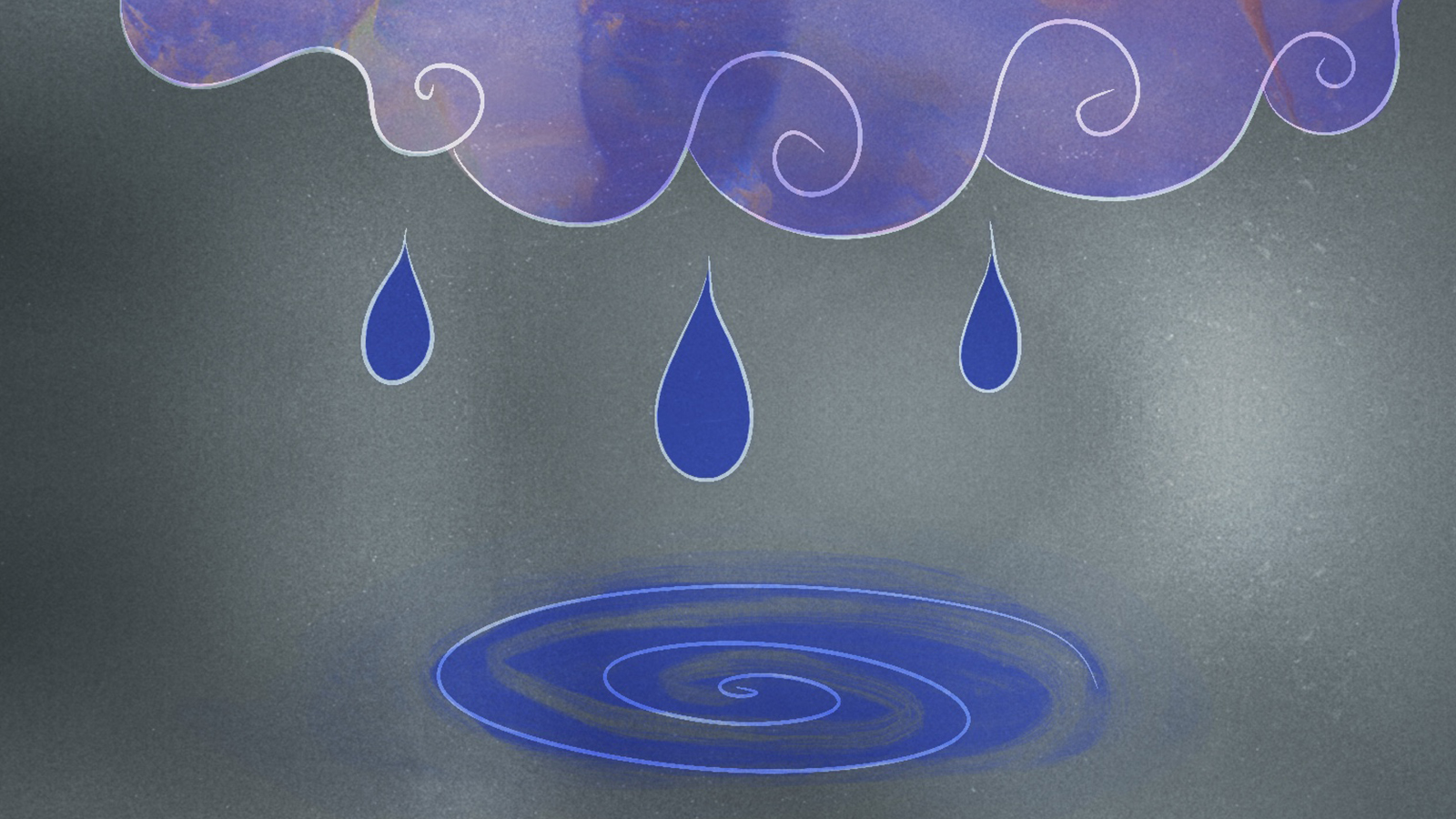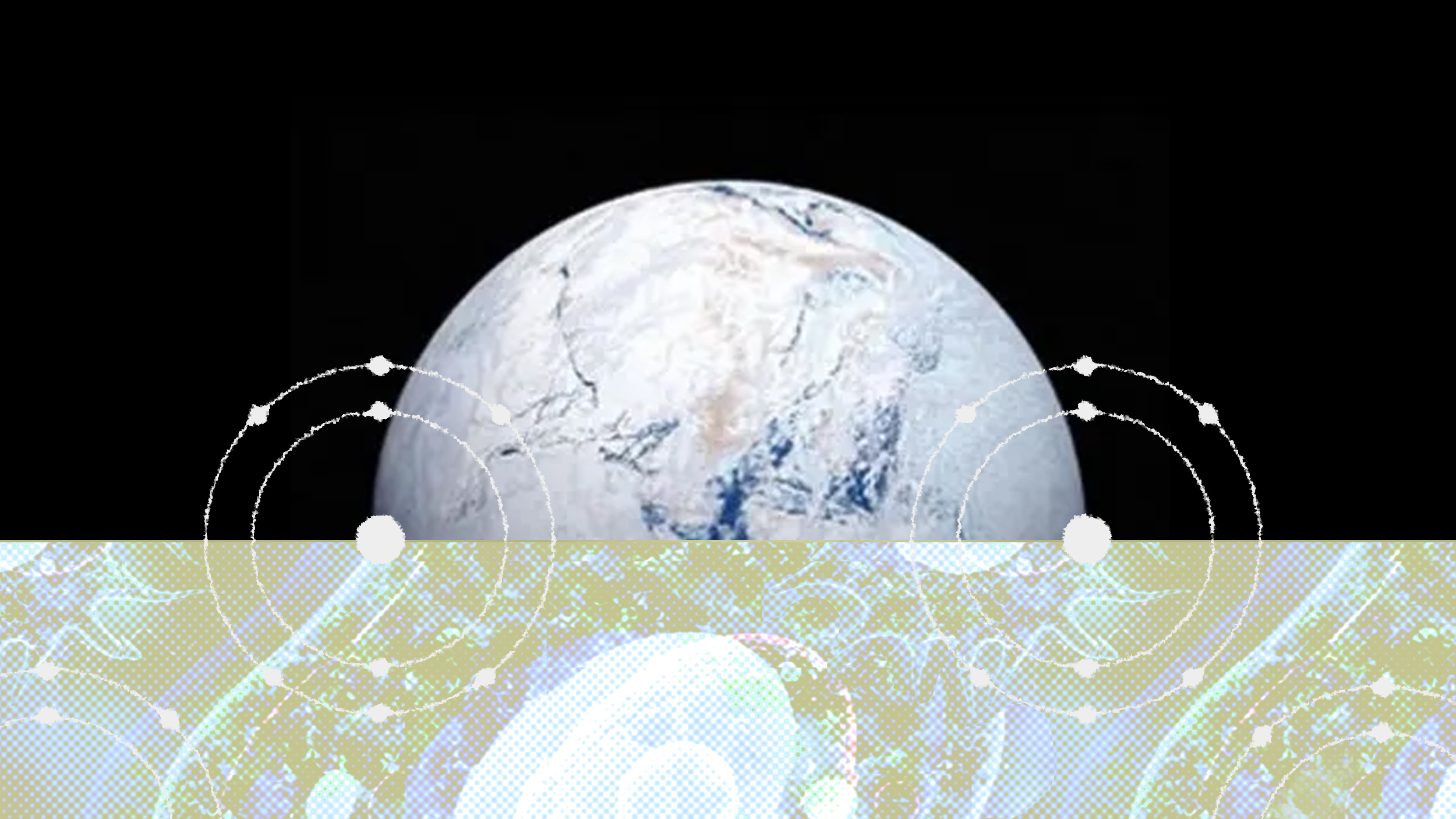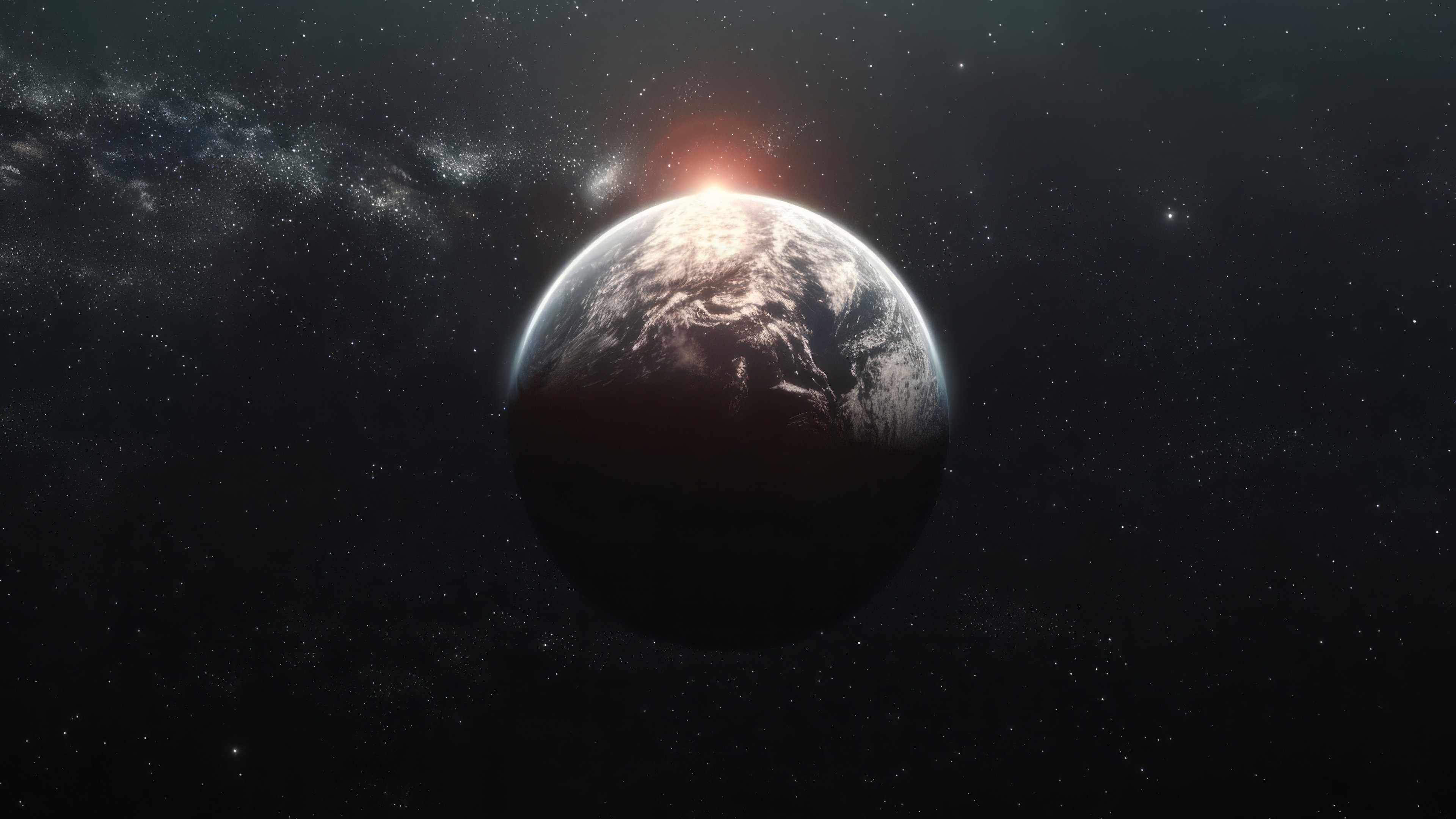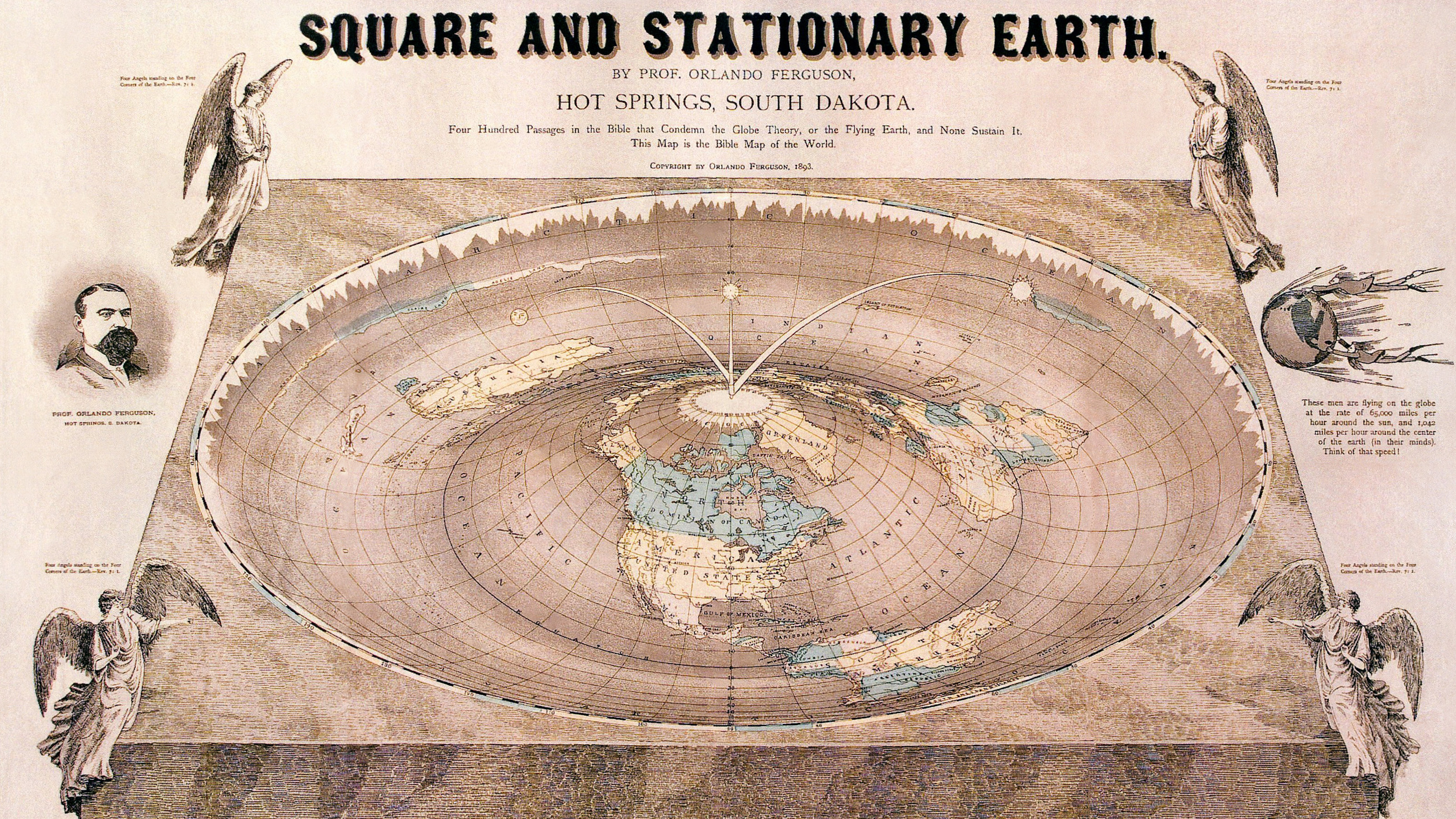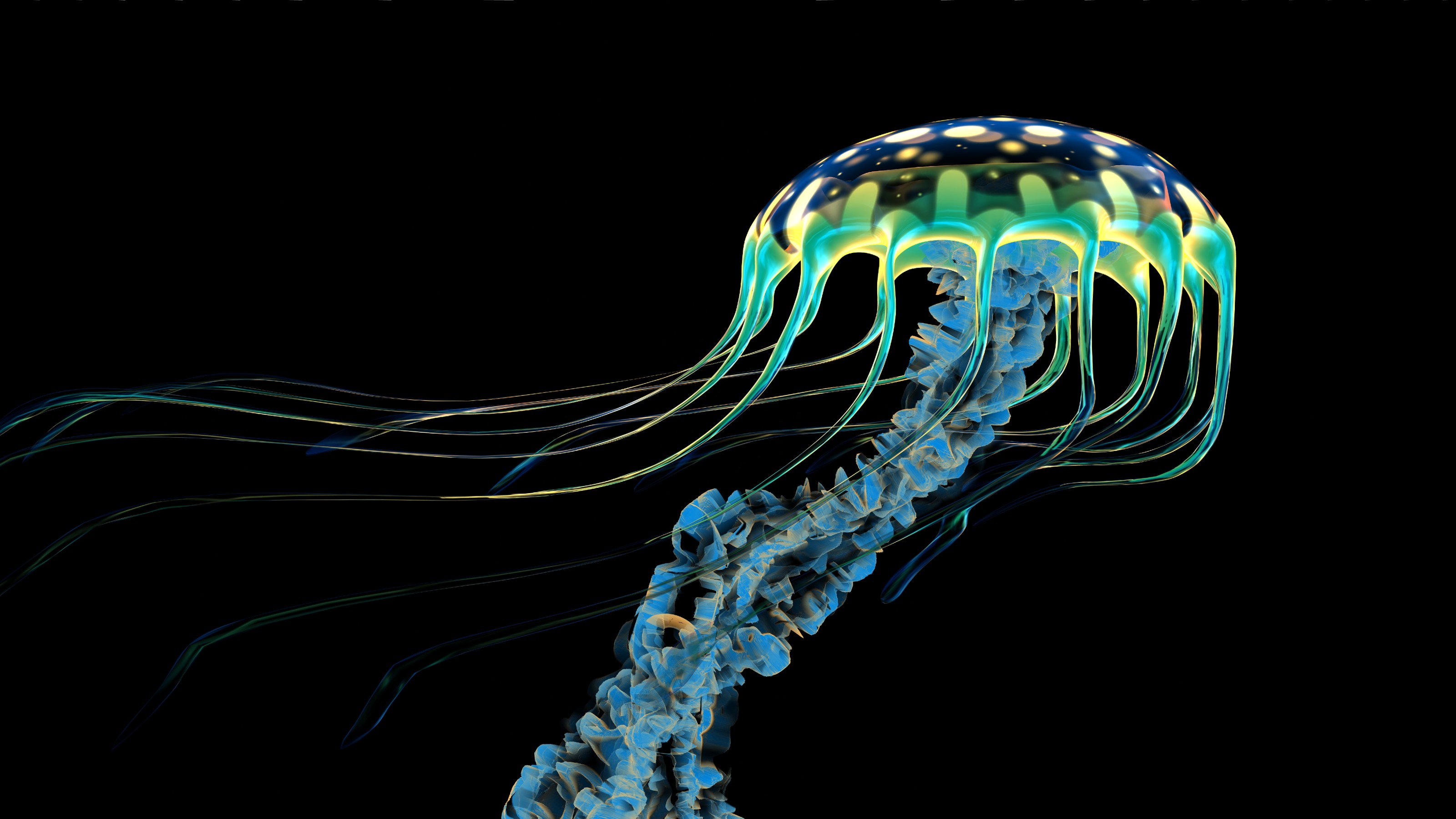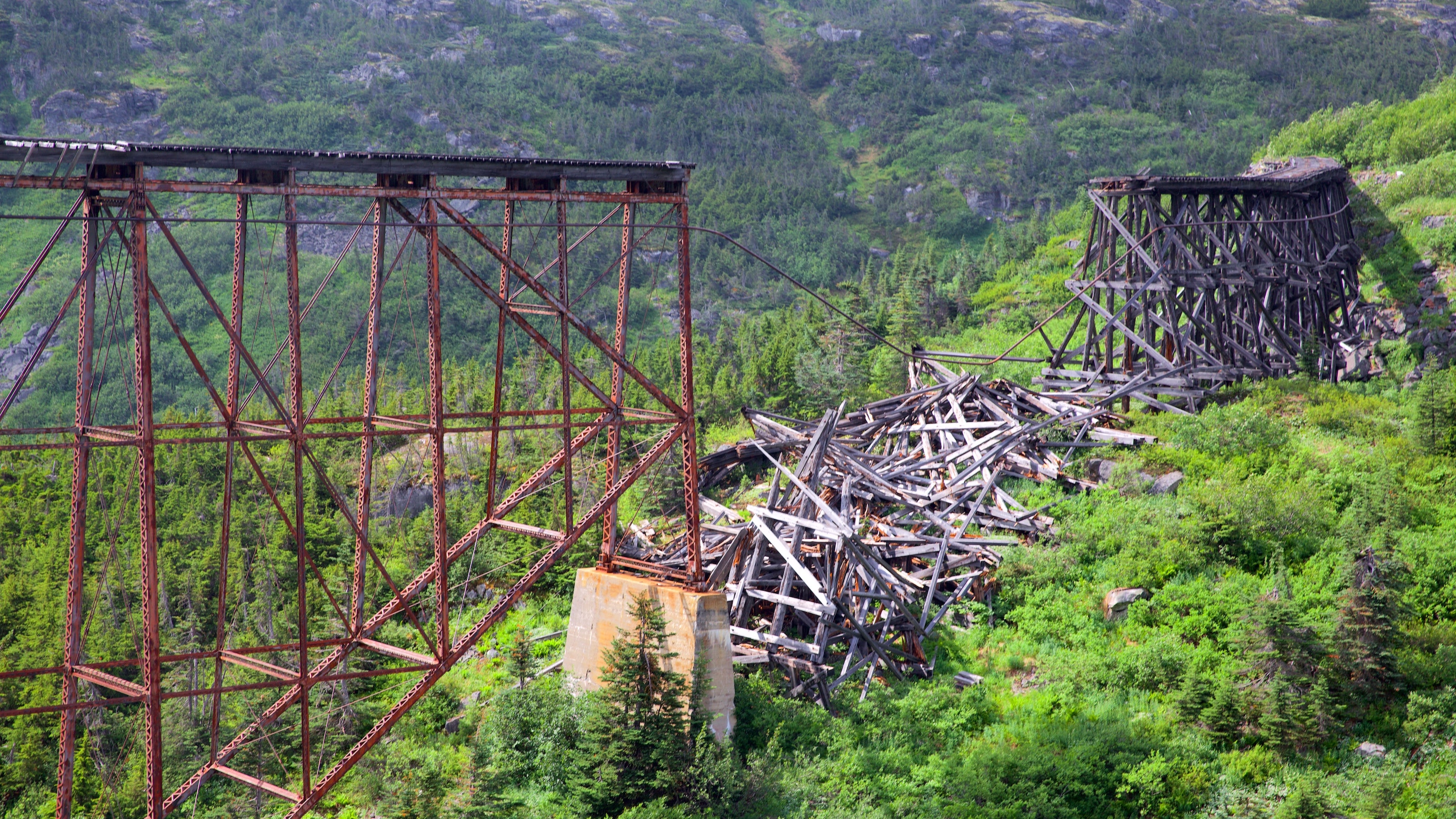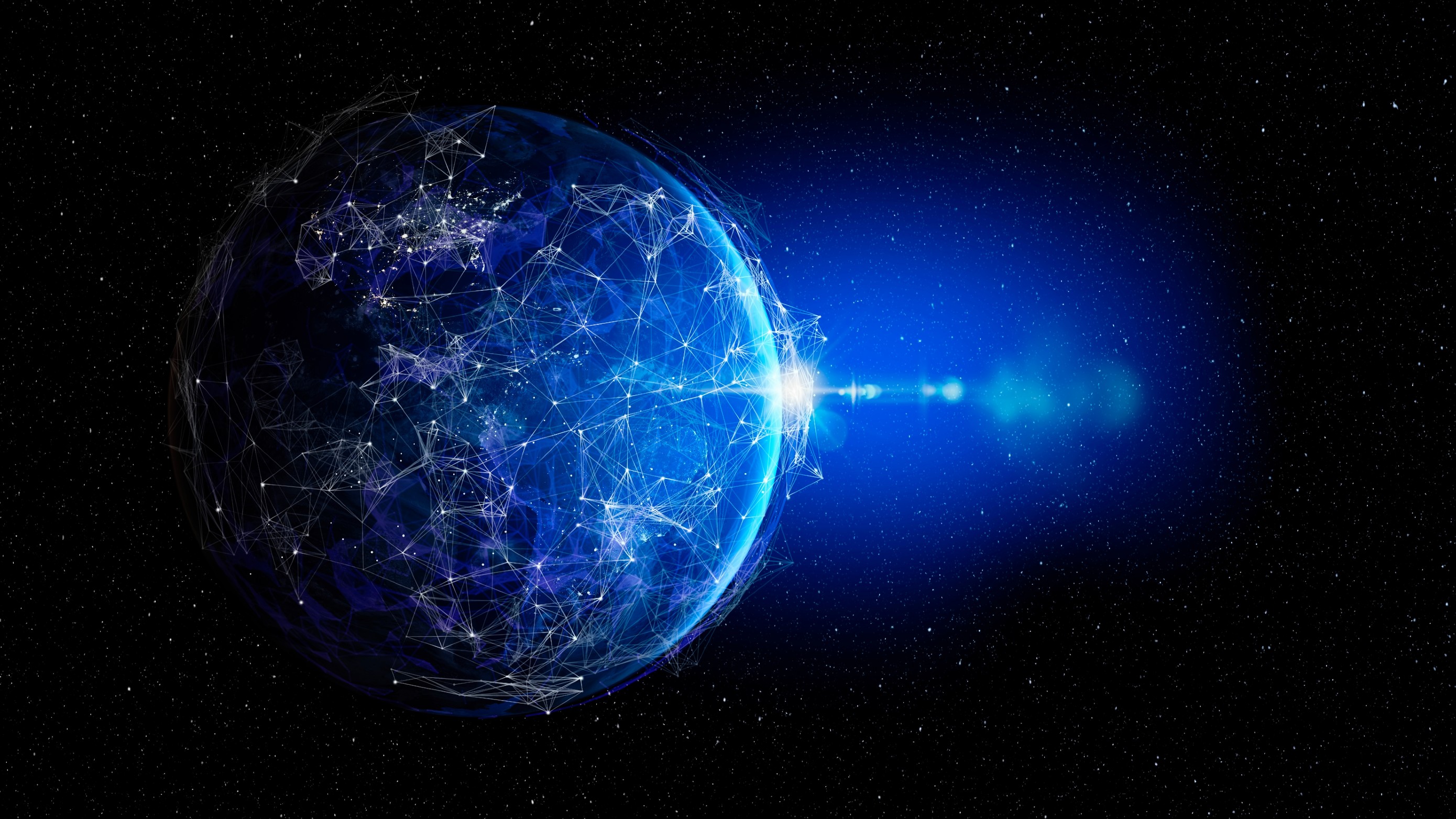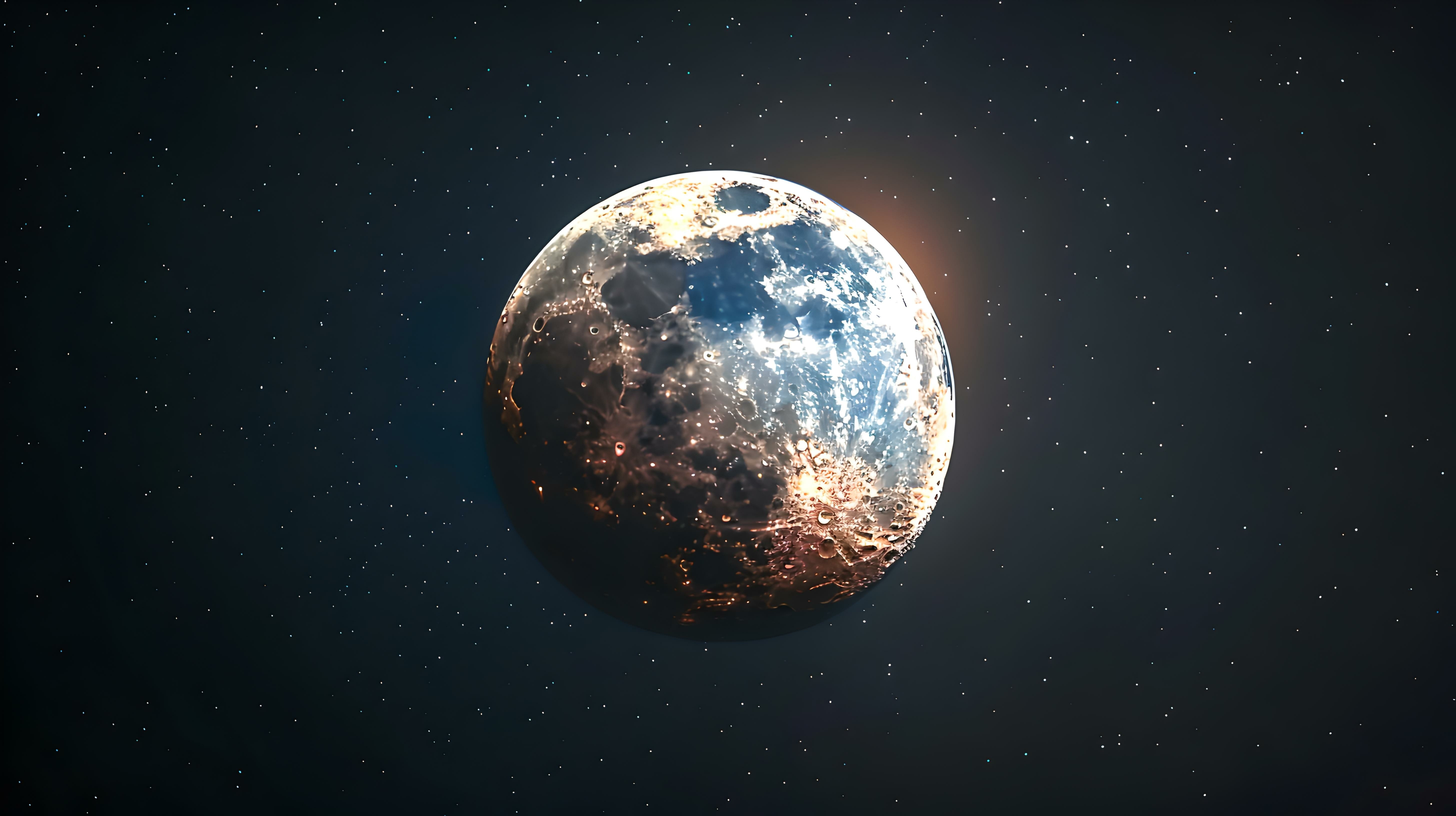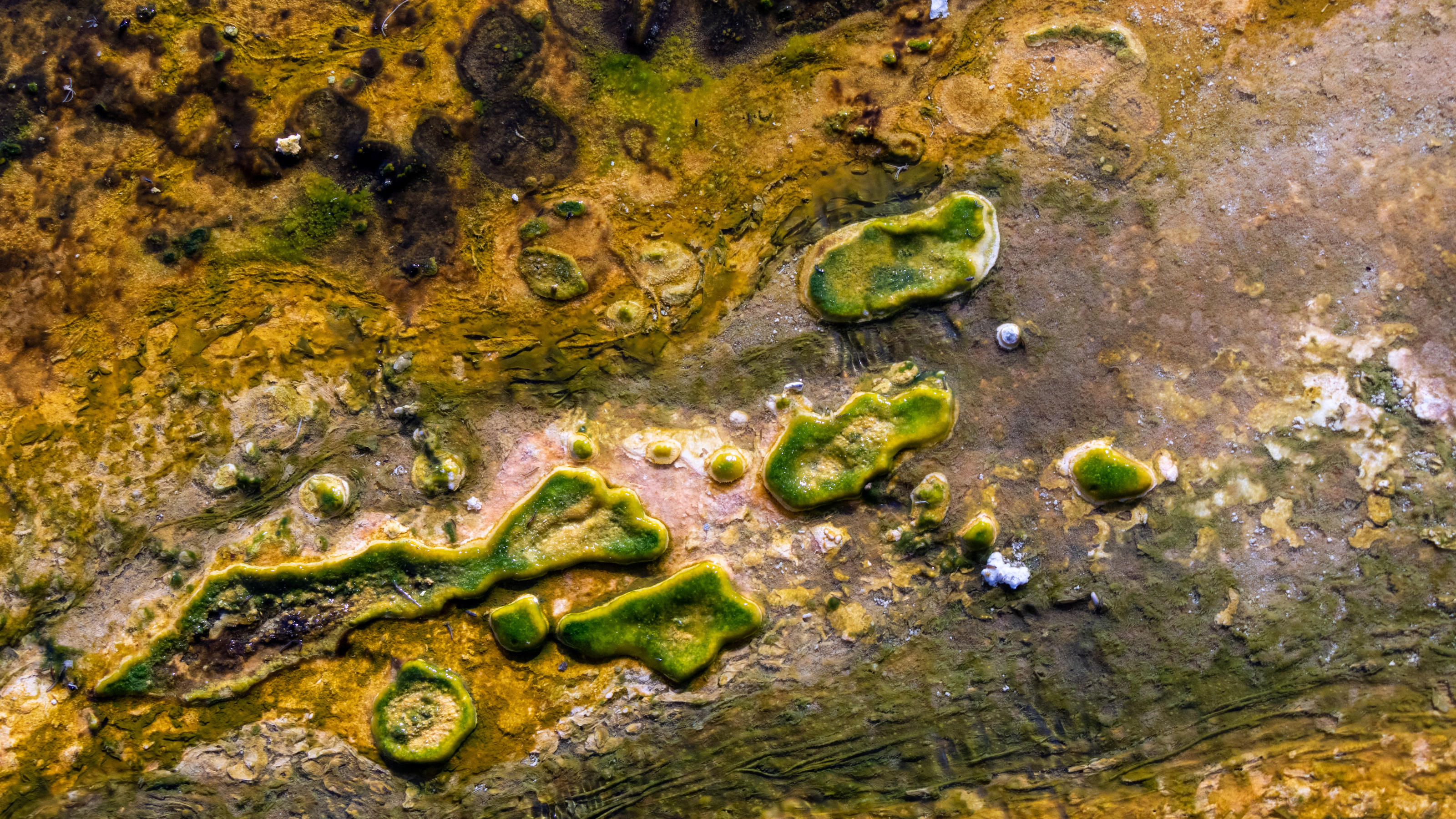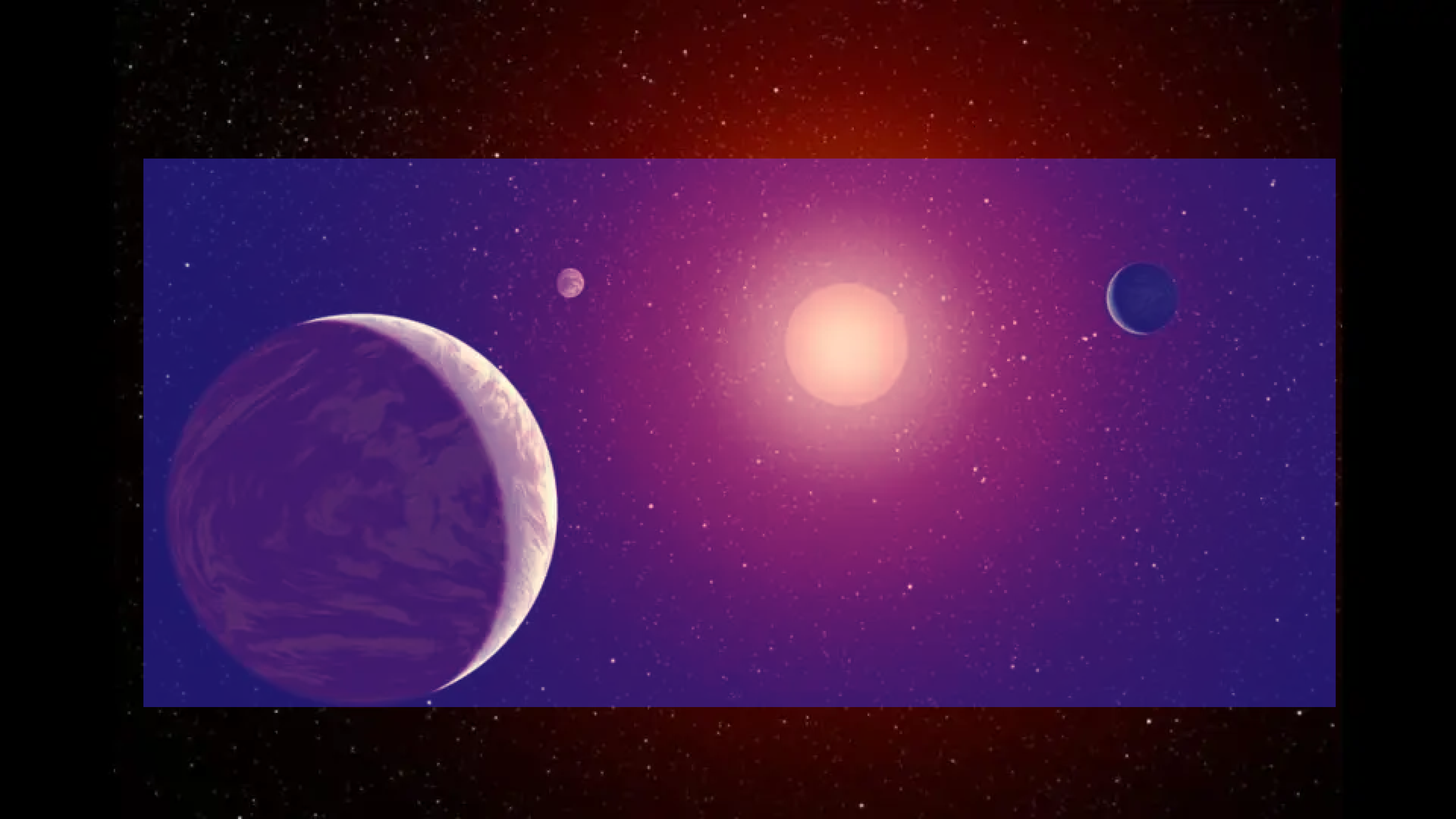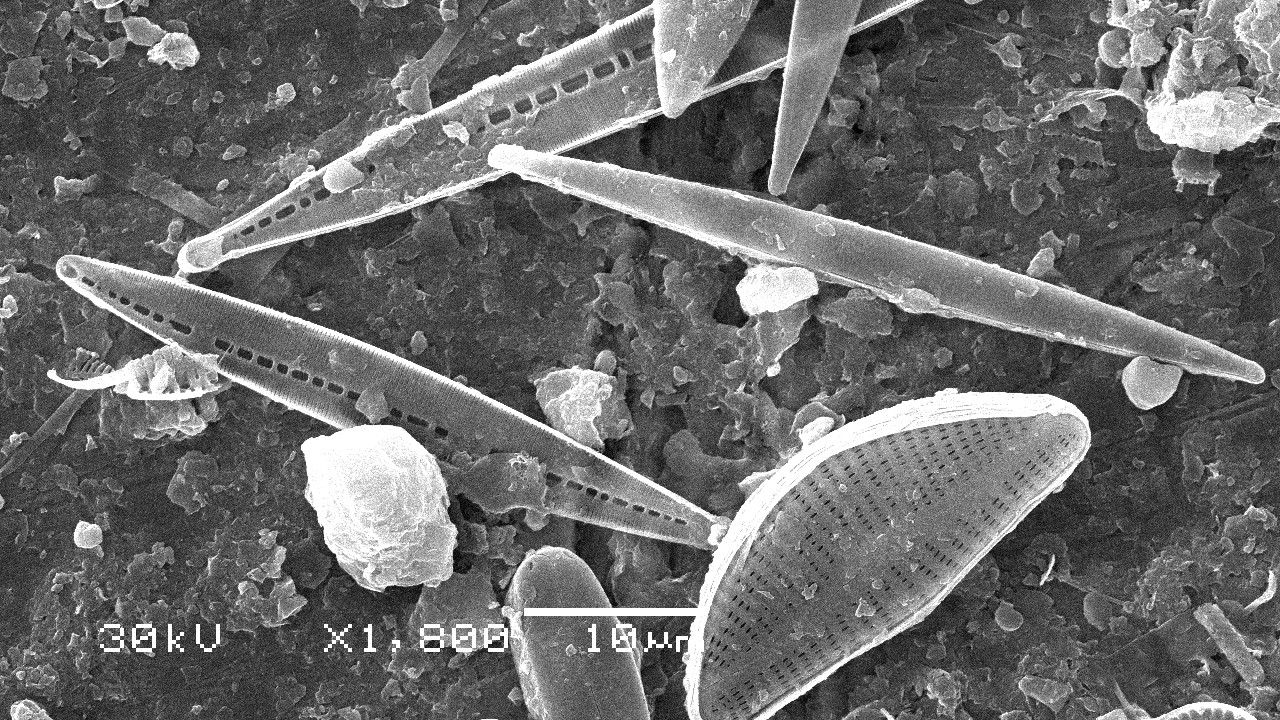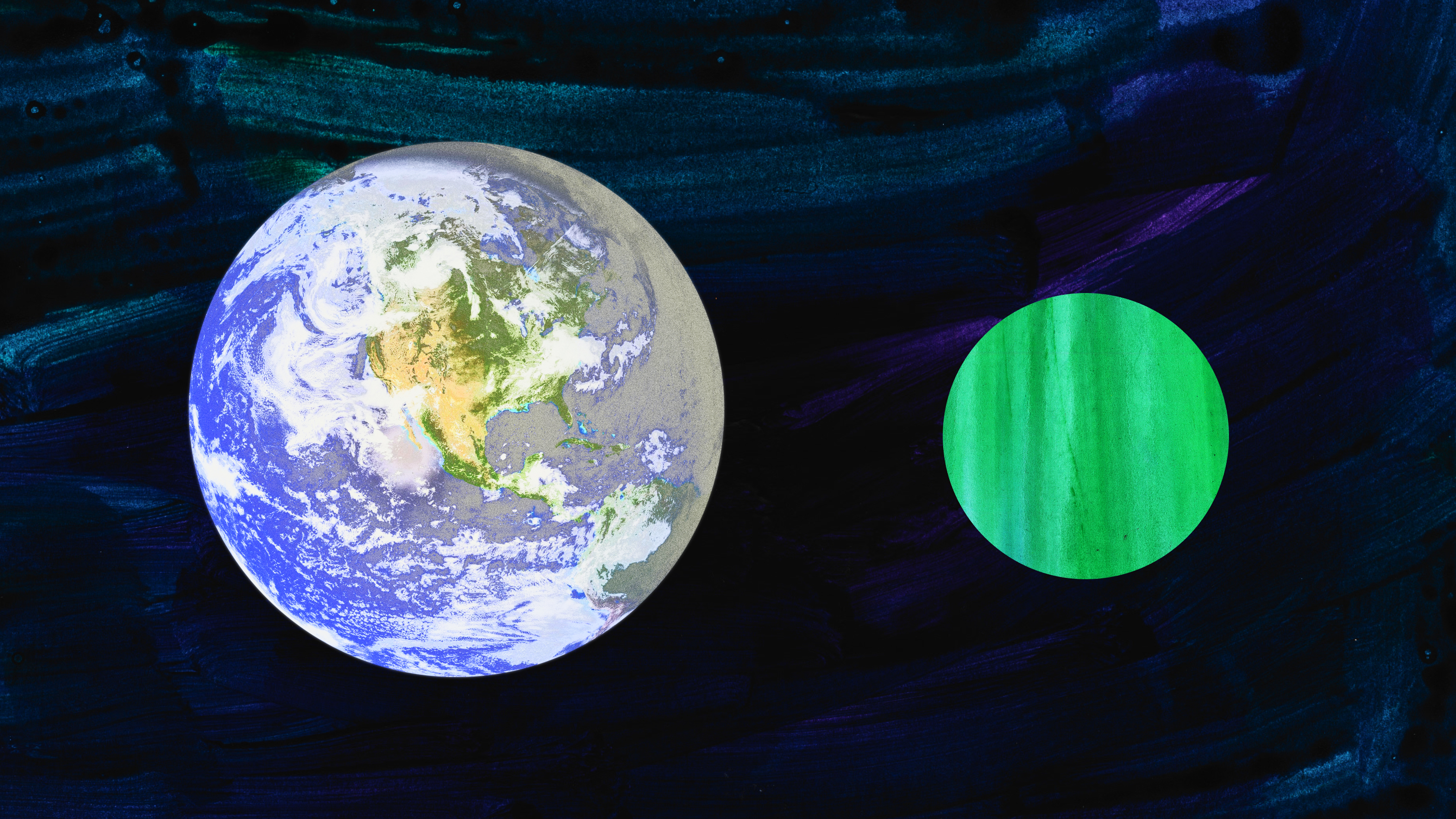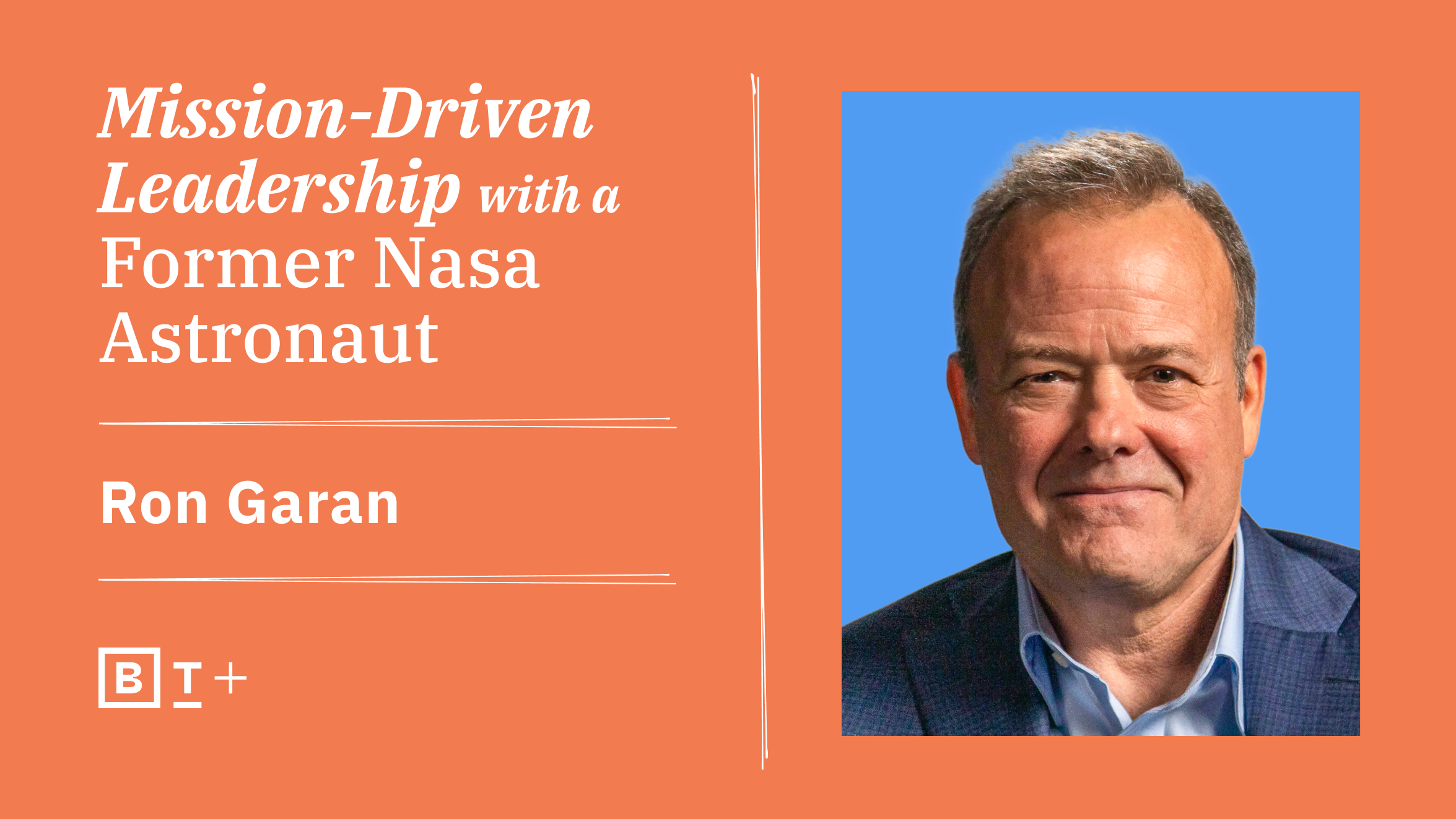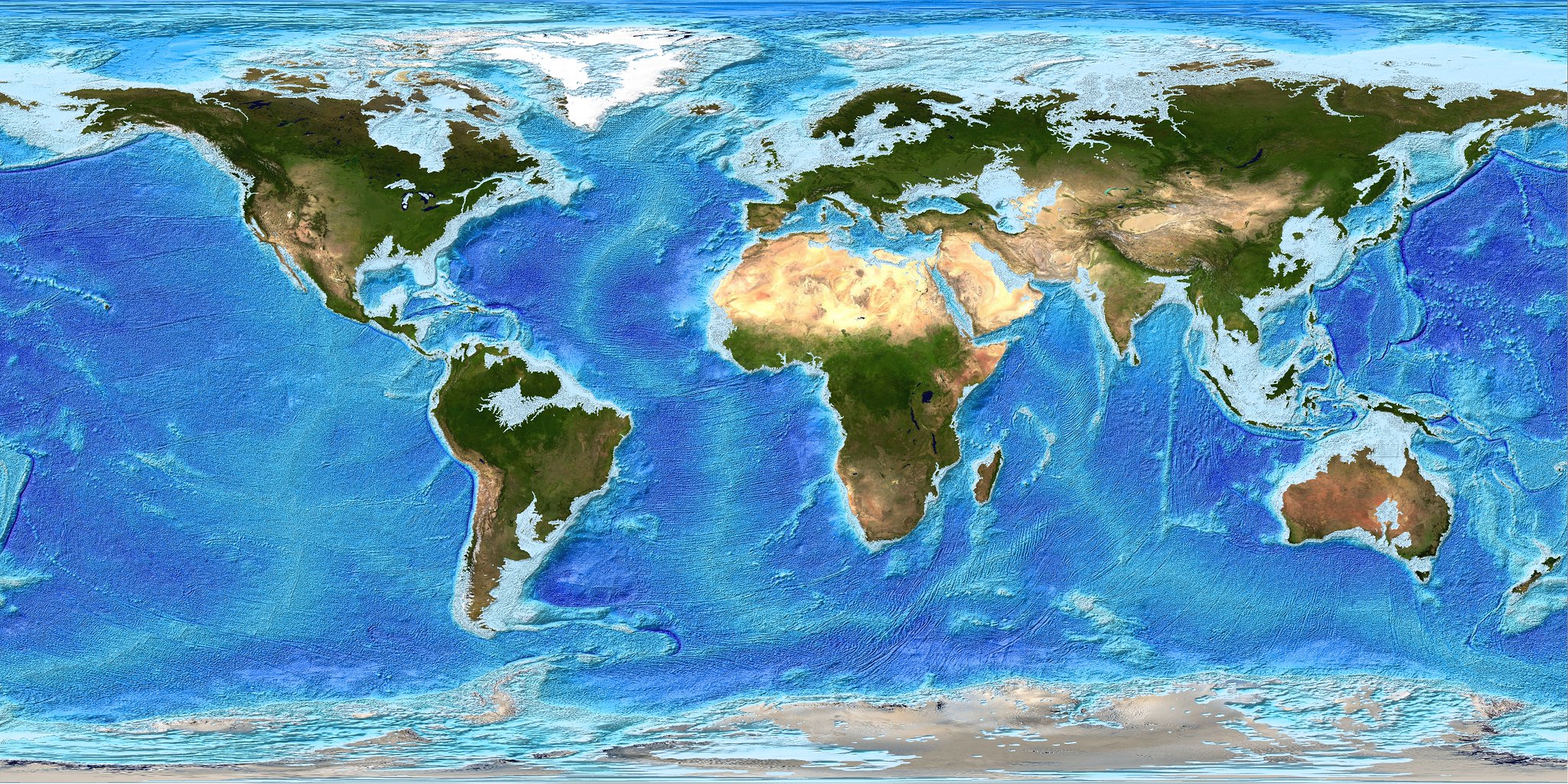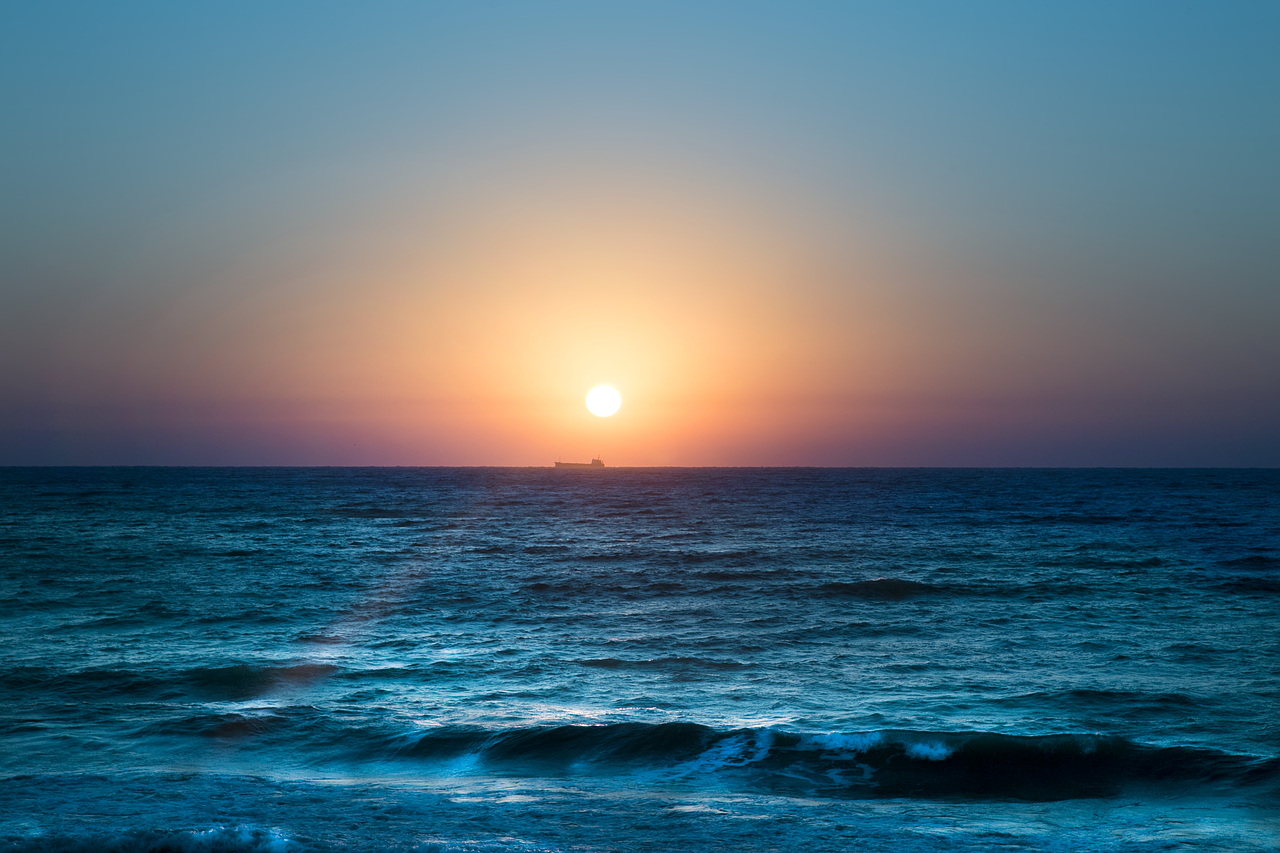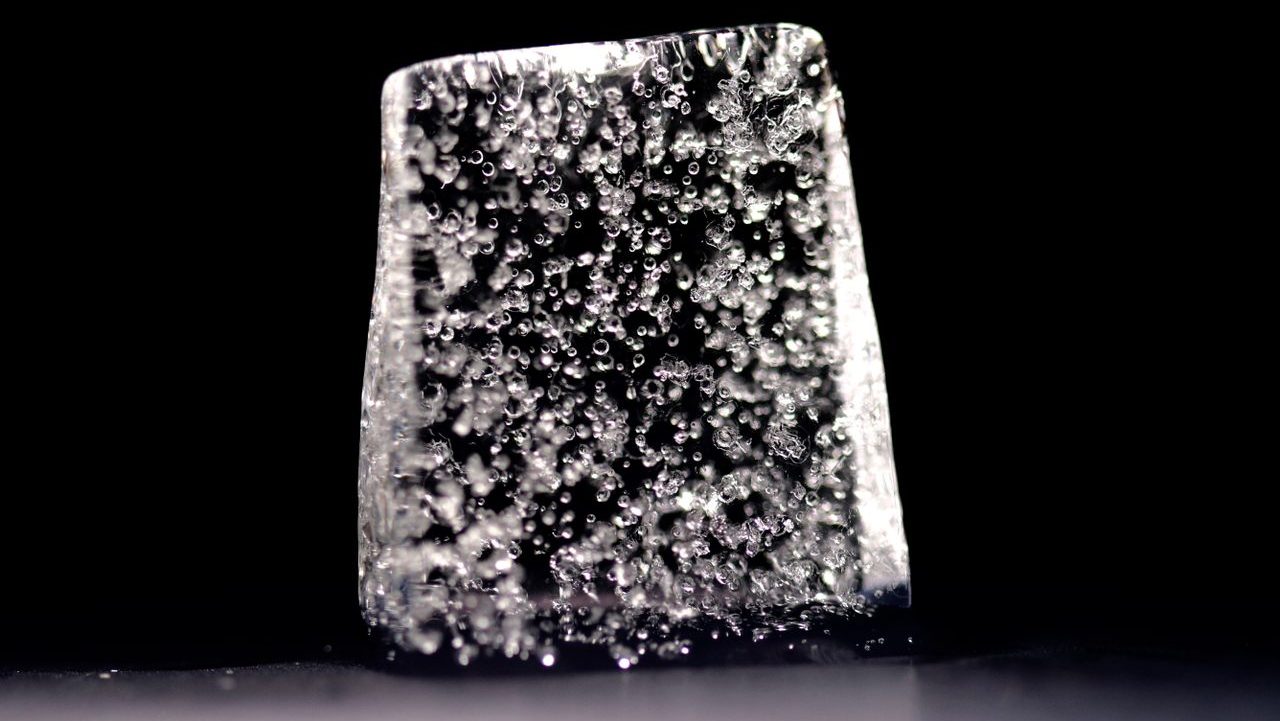At least one of Earth’s creatures is able to survive the vacuum of space.
Search Results
You searched for: Ocean
The Black, Caspian, and Aral Seas are the last surviving fragments of a body of water that stretched from Austria to Turkmenistan.
All scientific theories are limited in scope, power, and application, being mere approximations of reality. That’s why consensus is vital.
Instead of giving the 239 suffering families and the public a true story, Netflix exploited a horrifying tragedy to push conspiracy theories.
Why can’t more rainwater be collected for the long, dry spring and summer when it’s needed?
What happens when scientists “write what they know”? Some amazing science fiction stories.
Known as the Great Oxygenation Event, Earth froze over as oxygen accumulated in our atmosphere, nearly driving all life extinct.
An interview with Lisa Kaltenegger, the founding director of the Carl Sagan Institute, about the modern quest to answer an age-old question: “Are we alone in the cosmos?”
Narnia and early Middle-earth were pancake-esque — but their creators took differing views on de-globalization.
Deep underwater, temperatures are close to freezing and the pressure is 1,000 times higher than at sea level.
Catastrophes are difficult to predict because they are so rare. But AI using active learning can make predictions from very small data sets.
“Values emphasizing tolerance and self-expression have diverged most sharply, especially between high-income Western countries and the rest of the world.”
The ominous cloud of acid rain hasn’t vanished but rather drifted toward the developing world.
Finding life beyond our Solar System requires understanding its host planet.
Bathybius haeckelii was briefly thought to be the link between inorganic matter and organic life.
Wind farms seem less productive when scientists incorporate more realistic atmospheric models into their output predictions.
“Ghost gear” leads to hundreds of thousands of animal deaths.
There are plenty of life-friendly stellar systems in the Universe today. But at some point in the far future, life’s final extinction will occur.
Each year, several trillion pounds of microscopic silicon-based skeletons fall down the water column to pile up into siliceous ooze.
Across a variety of industries, trust and “upside-down management” have paid dividends.
“Superhabitable” planets might be real, but Earth is probably as good as it gets.
Book Club
Former NASA astronaut Ron Garan enlightens listeners with lessons from space to ignite a sense of purpose to unlock potential, navigate change, and create opportunity.
If an asteroid hadn’t killed off the dinosaurs, humans would almost certainly have never walked the Earth.
Based on data since 2000 alone, global warming is still occurring at a whopping 7-sigma significance. How hot will planet Earth get?
The sky is blue. The oceans are blue. While science can explain them both, the reasons for each are entirely different.
There was a lot of hype and a lot of nonsense, but also some profoundly major advances. Here are the biggest ones you may have missed.
Plagues, war, and genocide were literally frozen in time.
The award-winning nature writer, Robert Macfarlane, talks with Big Think about how to reacquaint ourselves with the rivers in our lives.
“Chicago May” was a classic swindler who conned her way around the world in the early twentieth century. She was also a sign of hard times.
As we shape our future we should ask: Which interpretations of classic sci-fi fables hold sway with today’s powerful tech leaders?

